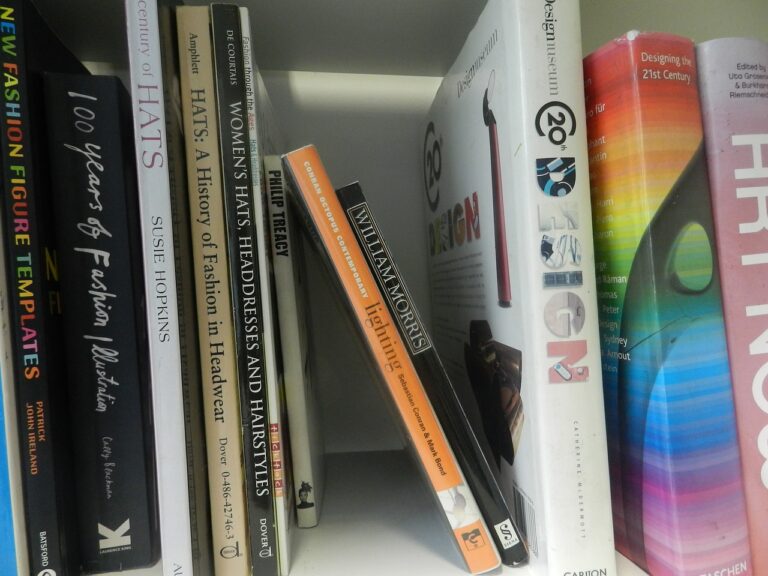The Impact of MOOCs on Global Education Initiatives: Play exchange 99, Lotus365 login, Playxchange
play exchange 99, lotus365 login, playxchange: MOOCs, or Massive Open Online Courses, have revolutionized the way we approach education on a global scale. These online courses offer a wide range of subjects and are accessible to anyone with an internet connection, regardless of their geographic location or financial situation. As a result, MOOCs have had a significant impact on global education initiatives, making education more accessible and affordable for people around the world.
Benefits of MOOCs
1. Access to high-quality education: MOOCs allow students to access courses from top universities and institutions around the world. This gives learners the opportunity to learn from experts in their field and gain valuable knowledge and skills.
2. Flexibility: One of the biggest advantages of MOOCs is the flexibility they offer. Students can learn at their own pace, from anywhere in the world, and at any time that suits them. This makes education more accessible to those who may not have the time or resources to attend traditional, in-person classes.
3. Cost-effective: MOOCs are often free or available at a low cost, making education more affordable for people in developing countries or those with limited means. This opens up opportunities for individuals who may not have been able to pursue higher education otherwise.
4. Diverse learning opportunities: MOOCs cover a wide range of subjects, from computer science to art history. This diversity allows learners to explore new topics and discover new passions, regardless of their background or previous education.
Challenges of MOOCs
1. Lack of accreditation: One of the main challenges facing MOOCs is the lack of accreditation for completing courses. While some platforms offer certificates of completion, these may not carry the same weight as a traditional degree or qualification.
2. Digital divide: Not everyone has access to a reliable internet connection or the necessary technology to participate in MOOCs. This can create barriers to entry for individuals in remote or underserved areas.
3. Self-directed learning: MOOCs require a high level of self-discipline and motivation, as there is often no structure or deadlines for completing coursework. This can be challenging for some learners who thrive in a more structured learning environment.
Impact on Global Education Initiatives
1. Increased access to education: MOOCs have played a key role in expanding access to education for people around the world. This is particularly important in developing countries where traditional educational opportunities may be limited.
2. Lifelong learning: MOOCs have made lifelong learning more accessible and achievable. Individuals can continue to upskill and reskill throughout their lives, staying competitive in a rapidly changing job market.
3. Collaboration and knowledge sharing: MOOCs have facilitated collaboration among educators, researchers, and learners across borders. This has led to the sharing of knowledge and best practices, ultimately benefiting the global education community.
FAQs
Q: Are MOOCs recognized by employers?
A: While some employers may value the skills and knowledge gained from completing MOOCs, others may prefer candidates with traditional degrees or certifications.
Q: Can I earn college credit from MOOCs?
A: Some institutions offer college credit for completing MOOCs, but this varies depending on the course and institution. It’s important to research accreditation and credit transfer policies beforehand.
In conclusion, MOOCs have had a significant impact on global education initiatives, increasing access to high-quality education and fostering lifelong learning opportunities. While challenges remain, the potential for MOOCs to transform education on a global scale is promising.







